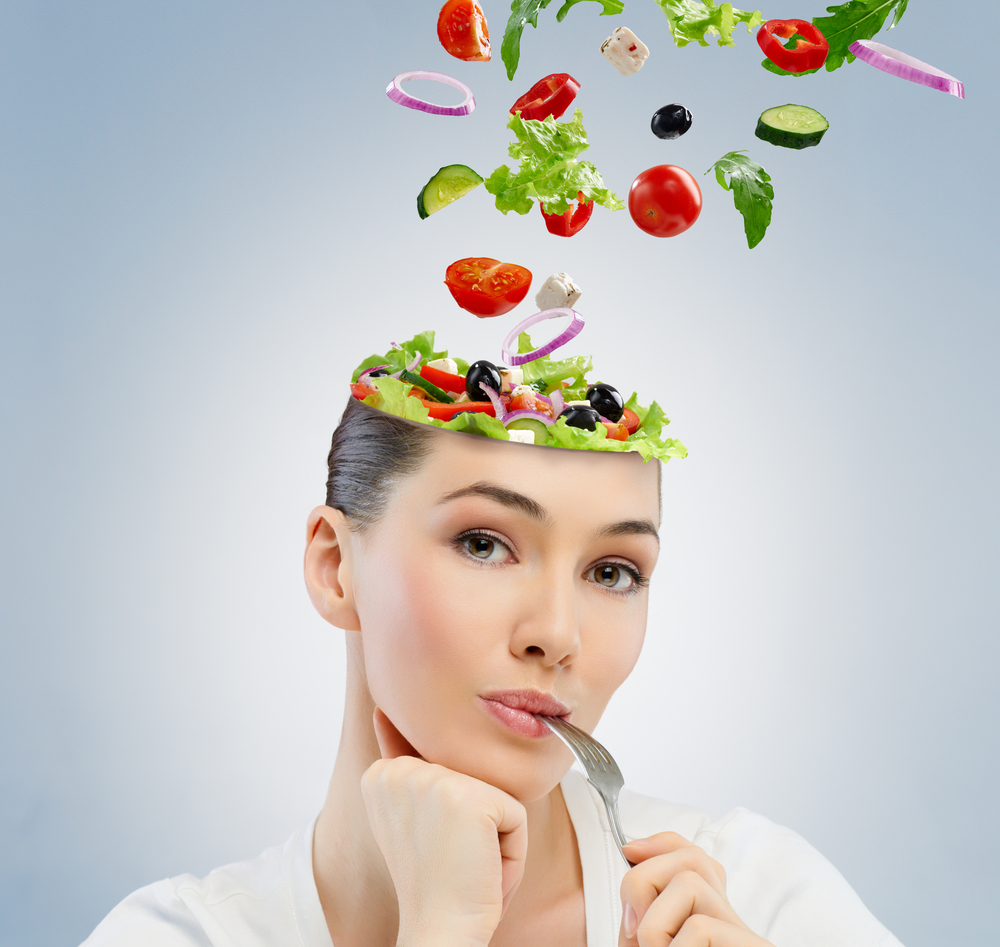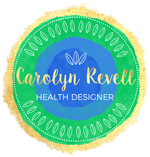Eat Good Food for A Good Mood
How and what you eat can
calm, energise and revitalise you

When I first met Kerry, she was experiencing anxiety, depression, and a severe lack of energy. She just couldn’t get up and going in the morning was exhausted all day, and despite her exhaustion couldn’t sleep.
When we evaluated her diet, I could see that there were some simple changes that we could make in order to help her body cope with stress better, alleviate some of her mood imbalances, and create more energy. Changing your diet can be a challenge, but when you have some simple guidelines about what to include or get rid of, the challenge is much easier.
Food can either nourish or damage our mental and physical health. Most of us are aware that poorer food choices can and will affect your physical health, but are you aware of the strong influence food has on your mental health? Understanding how your daily nutrition affects your moods may make it easier, so use the following information to learn how you can lift your mood and feel happier and healthier by eating healthy foods.
Whole foods help you to feel whole.
Many studies have now shown that incorporating more whole foods into one’s daily diet can help reduce the levels of anxiety and depression. A whole food diet focuses on fruits, vegetables, whole grains. This also means avoidance or at the very least a reduction of refined grains, sugary and fried foods.
Here are some guidelines for a healthy whole food diet that will support your mood with food.

Eat a rainbow!
A rainbow of fruit and vegetables, that is. Choosing a brightly coloured variety of foods will provide important phytonutrients and antioxidants for optimal mental health as well as anti-ageing and anti-inflammatory effects. It will also help boost your energy and strengthen your immune system.
Crushing Those Cravings
Whole grains, nuts, seeds, legumes and beans provide protein which helps to regulate blood sugar, preventing those sudden cravings or mood swings. Eating protein with breakfast and at every meal will provide you with the nutrients you need to feel great throughout the day. Protein also helps to build a neurotransmitter called tryptophan, which is one of the feel good chemicals that also helps you to sleep. Beans are an excellent source of both protein and tryptophan, along with zinc. Low levels of zinc have been connected with higher levels of stress, as zinc is essential for your body to manage stress. Our bodies use up zinc rapidly in times of stress, so replenishing is important in order to provide your body the building blocks it needs to manage stress.
Don’t Fear the Fat!
Ditch the unhealthy fats, but remember to seek out good fats. Fat is a source of energy for the body. We all need fat in our diet to keep us healthy and provide us with the anti-inflammatory effects of the omega-3 fatty acids that are considered our good fats. Unhealthy fats, such as those that are used in deep frying or processed and packaged foods lead to more inflammation and negatively affect our cardiovascular system. Depression is becoming increasingly known as an inflammatory disorder – some medical professionals say it’s like your brain is on fire! Since our brains are so very sensitive to inflammation, providing good fats is vital to staving off the effect of our processed food society. Include foods like chia, flax and pumpkin seeds, walnuts, avocado, and even seaweed.
Eat Your Way to Calm
Some vitamins and minerals are particularly important for alleviating stress, anxiety and depression, and including these in your diet will help to lift your mood and cope better with the stressors you face. I’ve already mentioned the importance of zinc, the others are vitamins B and D, along with magnesium.
B vitamins and magnesium provide support to the functioning of the nervous system. When you are stressed, just like zinc, these vitamins get used up by your body as part of the stress response. It’s a bit of a catch 22 situation: when you’re stressed you need more of these nutrients, yet your body is burning through them at a rate of knots! Our brains must have enough vitamin B6 to be able to manufacture serotonin and dopamine, which are some of those happy hormones that greatly influence our moods.
Good sources of B vitamins are all those greens…. Green leafy vegetables provide many of the B vitamins all in one neat little package, as do beans and nuts.
In addition to its role in healthy functioning of the nervous system, magnesium also acts as a muscle relaxant to take away that tense feeling you can get when you’re stressed. It helps to stabilise your blood sugar and blood pressure. You’ll find magnesium in those green leafy vegetables, along with whole grains, avocado, bananas, nuts and seeds.
Sunshine and Lollipops.

Ok, skip the lollipops, but let’s talk for a moment about sunshine.
Deviating just for a moment from food, while Vitamin D is best known for creating healthy bones, it also plays a vital role in mental health. A large percentage of the population is thought to be deficient in vitamin D even though we live in this sun-soaked country. It is involved in regulating the immune system and influencing the release of the neurotransmitters dopamine and serotonin by activating certain genes. A fantastic resource for learning more about the connections between vitamin D and mental health is www.vitamindcouncil.org
Carbs are not all evil
Don’t eliminate carbs. Carbohydrates have been receiving a bad rap these days and some of the information about carbs and anxiety can be a bit confusing. The important thing is to know the difference between good carbs and bad carbs. That way you will know which kind to include in your diet and your body will never be deprived of the right amount and the right kind of carbohydrates that are essential for overall health.
Stay clear of simple carbohydrates which are commonly obtained from sugary foods such as soft drinks and foods made from white flour. These simple carbohydrates will only cause your blood sugar levels to rise rapidly then fall rapidly, making you vulnerable to an “energy crash” or that well known 3pm slump.
On the other hand, you should incorporate more complex carbohydrates into your diet. Whole grain foods are rich sources of complex carbohydrates that are digested slowly by the body, making you feel fuller longer and less vulnerable to digestive problems. Even more importantly, this type of carbohydrate can help in the production of serotonin which is responsible for sending out feel-good messages to your brain.
Meal Times are Important

Skipping a meal is definitely not included in the list of rules for healthy eating. If you skip your usual meal time, your blood glucose will become imbalanced, causing your energy levels to slump. As your energy level dips, you will likely experience mood swings thereby worsening your anxiety. This will cause you to seek out sugar-rich foods which will add to your mood instability. It is better to eat frequent small meals all throughout the day in order to keep your blood sugar levels stable.
Caffeine Challenges
Anxiety can be stimulated by caffeine consumption and simply eliminating the caffeine will go a long way to resolving your anxiety. If you are a coffee lover, try decaf, or switch to some of the delicious herbal teas such as chamomile, ginger-lemon, licorice and rooibos.
Food is not just for your body… it’s for your mind too

Knowledge is a powerful tool for keeping our mind and body healthy and free against the crippling symptoms of anxiety. Understanding the effects that our diet has on our mental and physical health enables each of us to take a larger degree of control over our lives. Our well being is affected in so many ways by the foods we eat or don’t eat.
There is certainly enough evidence to prove that eating healthy foods does more than just care for your physical body. It is encouraging to know that eating the right foods also contributes greatly to mental health and acuity, as well as helping to overcome depression and anxiety symptoms. Just take one step towards choosing a healthier diet, and when that has become a regular part of your lifestyle, take another step. Each little step along the way will bring you closer to a healthy body and mind.
Do you feel overwhelmed with where to start with your diet or need some professional input to help you connect how your diet is affecting your health? Perhaps you need accountability and deeper insights into your overall health. Want to find out more about how I can help you? – Click Here to book a free strategy call
